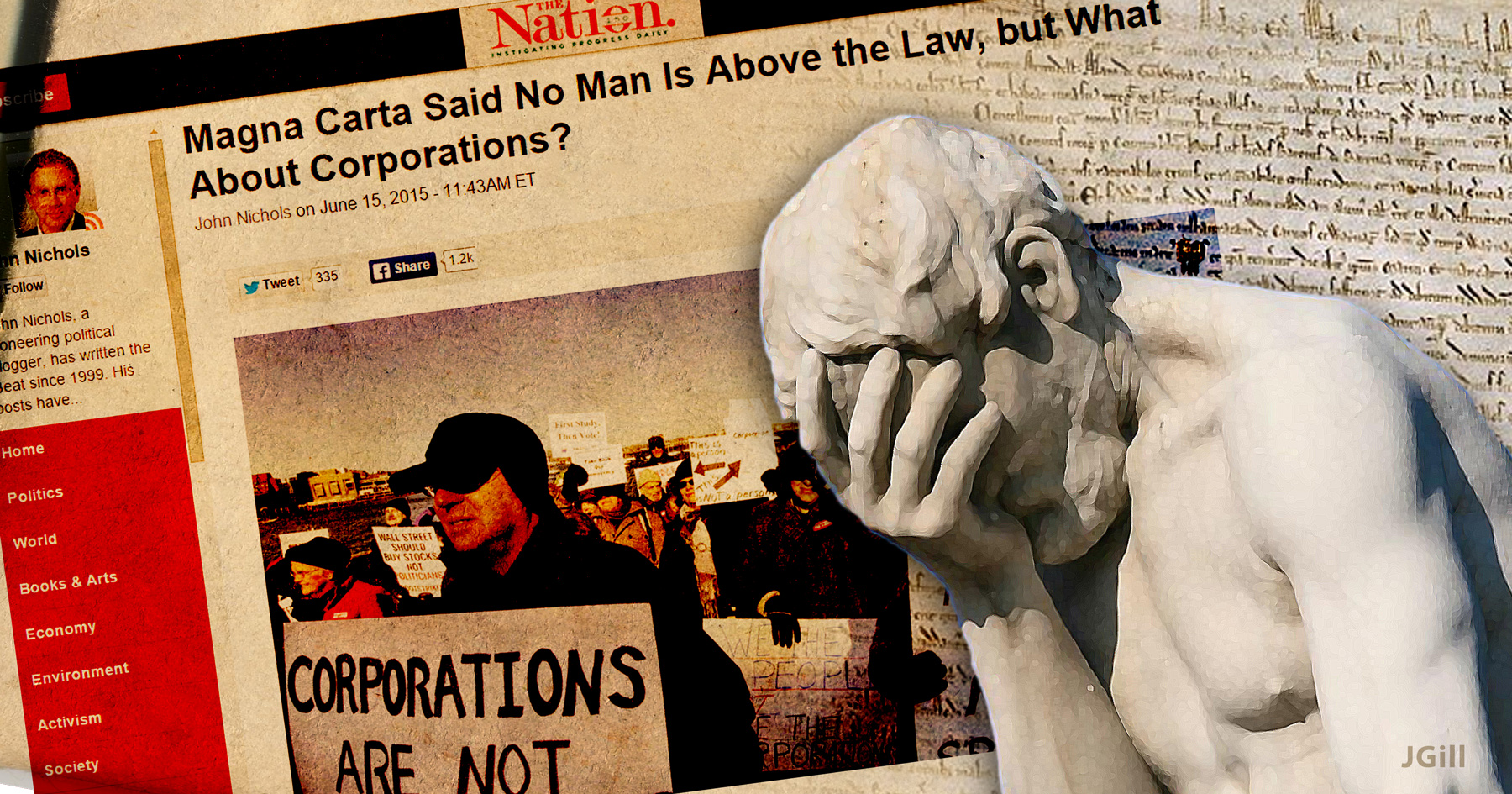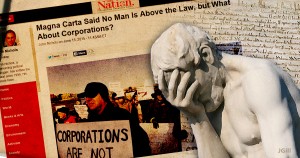Social Security, like similar systems in Europe, is on a trajectory to insolvency, which could lead to a sovereign debt crisis.
The reason for the crisis? Social Security has always been a pay-as-we-go system, dependent on many workers paying in to a system that sends their contributions to a smaller number of retirees. When the number of retirees expands above the ability of workers to cover at established rates, the system goes broke. Meanwhile, all the system’s budget overages from the beginning to the present date have not been saved and invested. Congress has been taking the overages and spending them, putting IOUs in a notebook.
It is a serious problem.
Or, it isn’t! That is, not if you believe The Nation, which states in a recent article that this is all the result of a legally mandated “bogus” accounting conceit. The Congressional Budget Office, you see,
assumes that Social Security and Medicare Part A will draw on the general fund of the US Treasury to cover benefit shortfalls following the depletion of their trust funds, which at the current rate will occur in 2034.
That would obviously lead to an exploding debt, but it’s a scenario prohibited by law.
The Nation’s somewhat confused author suggests the dire warnings are wrong because “Congress could preemptively pass laws to avert the situation before the deadline; it could take the approach favored by progressives and increase revenue to the programs by lifting the payroll tax cap, or alternatively raise the retirement age and lower benefits.”
Well, yes. But until a fix happens, the doomsday warning stands.
Why does he think we make the warning?
This is Common Sense. I’m Paul Jacob.




